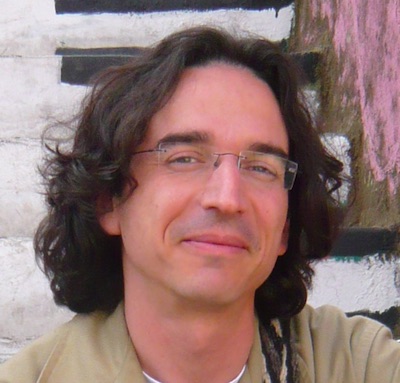i3 seminar “Analysis of online participation” will welcome
David Chavalarias
CNRS Research Director, Centre d’Analyses de Mathématiques Sociales (CAMS), Ecole des Hautes Etudes en Sciences Sociales (EHESS)
Political activism in the age of social networks:
the point of view of social macroscopes

Abstract: A candidate has at least three levers to win public votes: convince of the relevance of their political agenda and their ideas (positive campaigning), convince of the inadequacy or the danger of the programs and ideas of their adversaries (negative campaigning), and make their name and that of their party sound familiar. Taking the example of the French presidential election (2017), we study how politicians use social medias to operate these levers and how these actions are articulated with those of their Twitter communities of activists. We propose a set of quantitative measurements at different scales to characterize the processes operating within the political communities, and we show that these communities have distinct ways of articulating with their leader’s strategies, pointing to a heterogeneity in the forms of “division of militant labor”. We also show that variations in the community strategies allow to identify temporary weaknesses or a loss of trust in a leader, as well as the structural position of the candidates within the political arena. Moreover, we identify an anomaly in the attitude of all the candidates towards Marine Le Pen.
Paper to be read in preparation for the session: David Chavalarias, Noé Gaumont, Maziyar Panahi (2019), Hostilité et prosélytisme des communautés politiques. Le militantisme politique à l’ère des réseaux sociaux, Réseaux 2014-215, pp 67-107.
i3 seminar “Analysis of online participation”
The “Analysis of Online Participation” (APeL) seminar aims to develop reflection on approaches to the use of data about the online usage and participation. The seminar is a place for researchers from various backgrounds to meet and exchange knowledge, practices and know-how. At each session, the seminar guests present and discuss the “making of” of one of their researches: construction of the survey, specificities of the data engineering implemented, tools for capturing / building corpora, analysis strategies and tools used, etc.
Information and registration
The seminar is open to all. Please register here to participate in this session.
Date: January 30, 2020, from 10:30 to 12:30
Venue: École des Mines, Salle Saint Jacques

Contact: Alexandre Mallard ou Valérie Beaudoin
Find out more about the programme and the rules of the seminar
Photo source: ISC-PIF

